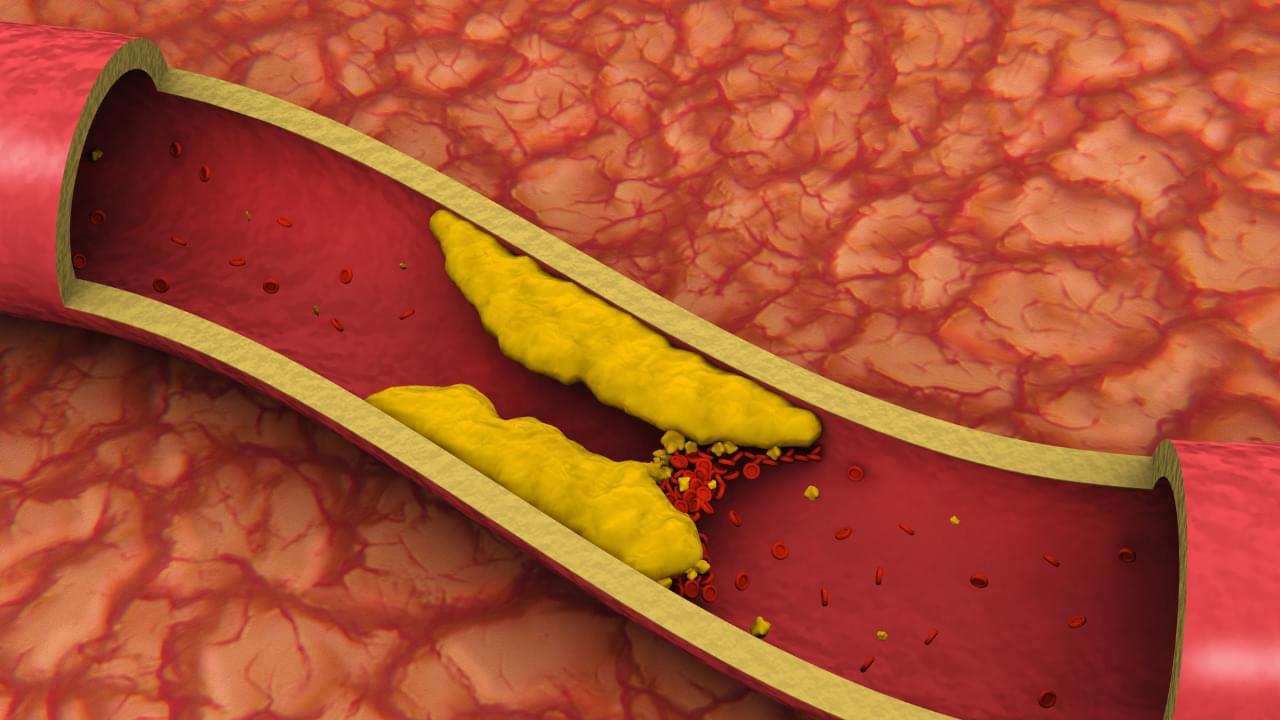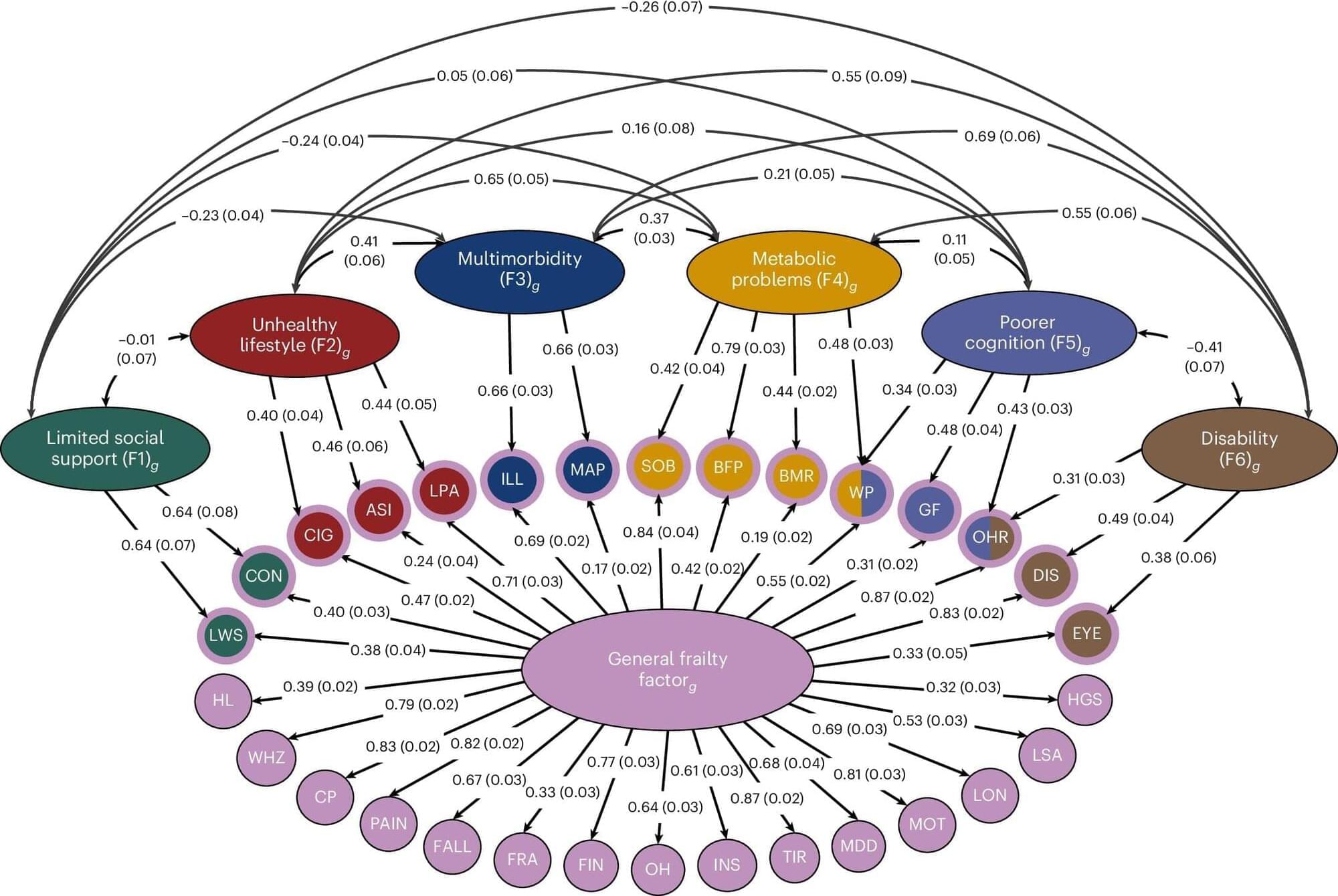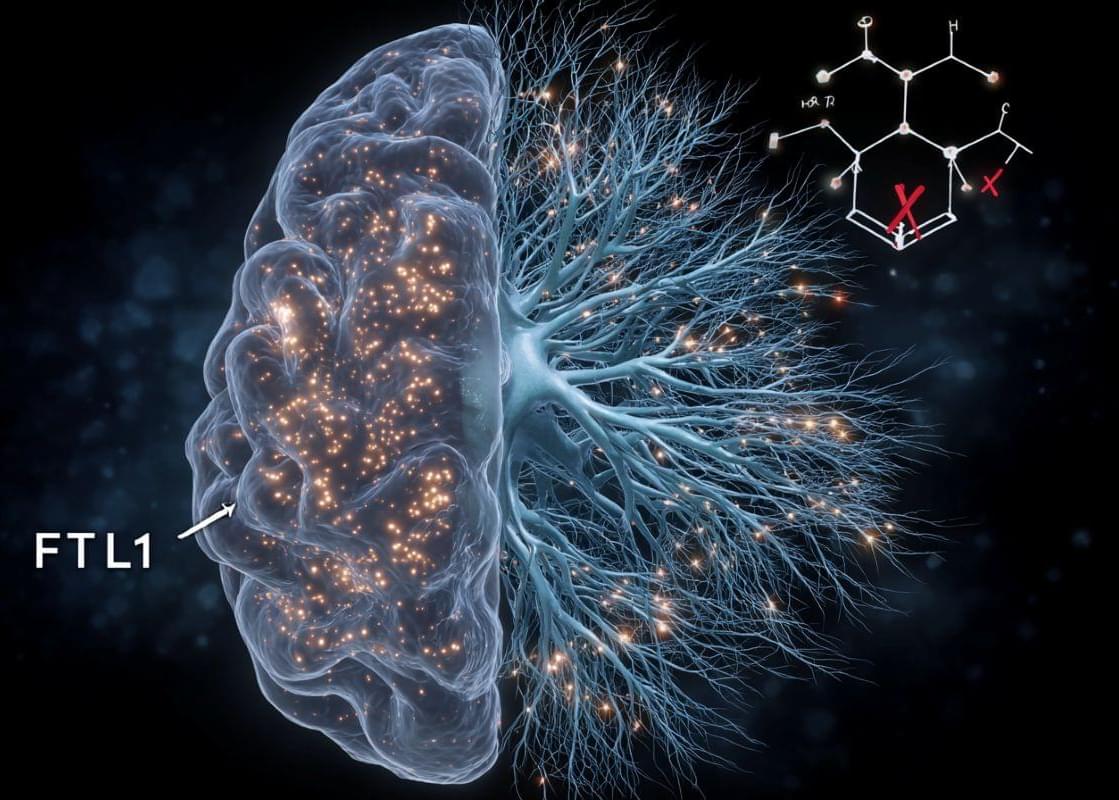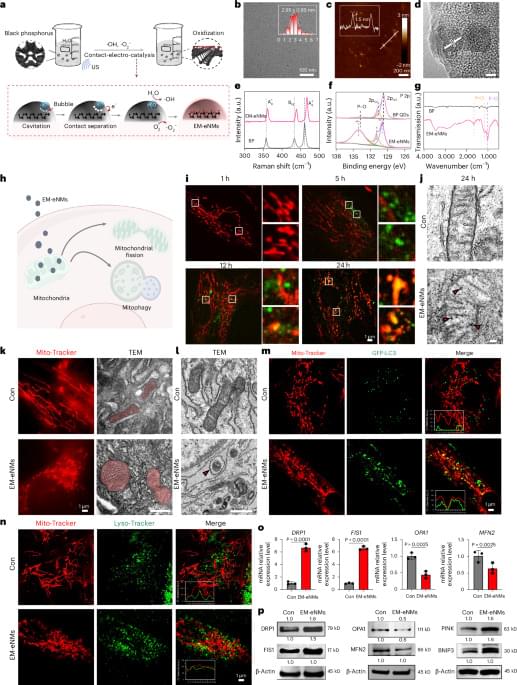Anybody got a spare $130 million?
Dr. Bill Andrews, a trailblazing scientist, is on a mission to cure aging. From a childhood dream sparked at age 10 to his pioneering telomerase research, he reveals how Sierra Sciences could reverse aging in just three years with $130 million in funding. Yet, investor demands for quick returns stand in his way.
He believes that a Biotech Freedom Zone through Immortalis—a revolutionary approach to bypass funding and regulatory hurdles—is the catalyst to transform longevity research, making health affordable and aging a thing of the past.
Join the community behind the first ever Biotech Freedom City:
https://joinimmortalis.com







